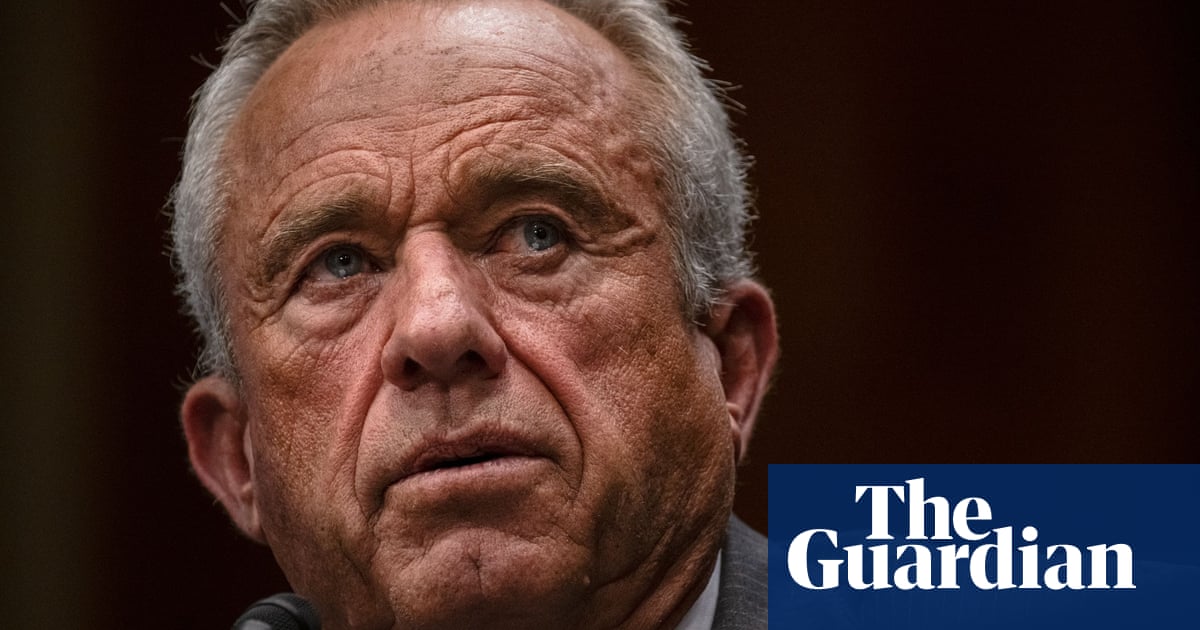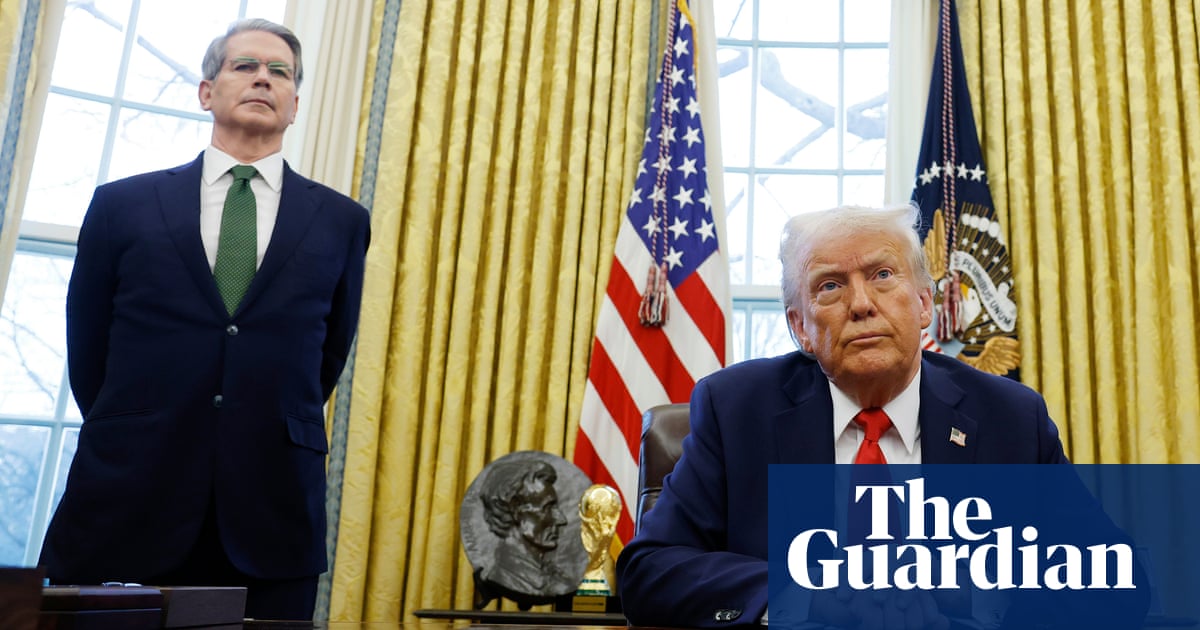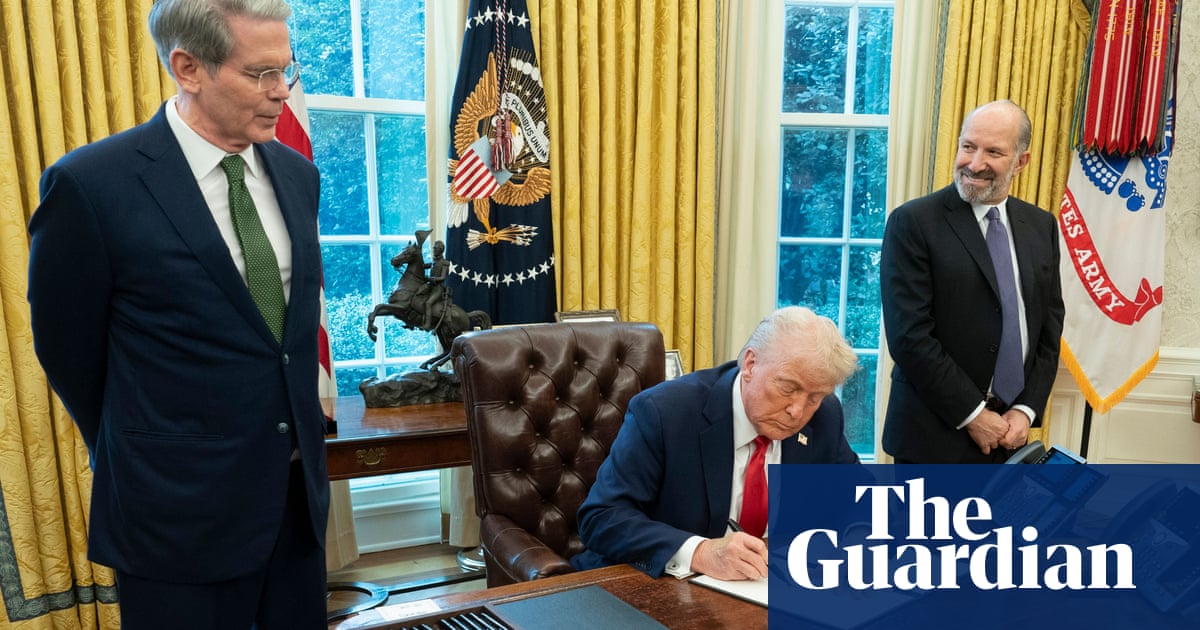By Ahmed Aboulenein
WASHINGTON (Reuters) - The U.S. Senate Committee on Finance was due to vote on Tuesday on advancing President Donald Trump's nominee for Secretary of Health and Human Services, Robert F. Kennedy Jr., to the full Senate for a confirmation vote.
If confirmed, he will run the U.S. Department of Health and Human Services, which oversees more than $3 trillion in healthcare spending, including agencies such as the Food and Drug Administration and the agency in charge of Medicare and Medicaid health programs that provide health insurance for over 140 million Americans.
Kennedy has faced opposition from health groups, Democrats, family members and the Wall Street Journal and New York Post editorial boards, who say he is unfit for the job because of his role in the anti-vaccine movement.
Kennedy has long sown doubts about the safety and efficacy of vaccines that have helped curb disease and prevent deaths for decades. He disputes the anti-vaccine characterization and has said he would not prevent Americans from getting inoculations.
Republican committee member Bill Cassidy, a medical doctor who also chairs the Health, Education, Labor, and Pensions Committee, is seen as a key vote after he said during a confirmation hearing last week that as a doctor, he was struggling with the decision.
All of the Democrats on the committee are expected to oppose Kennedy. If Cassidy joins them, he could likely stop the nomination in its tracks. Senate Finance Committee Chairman Mike Crapo said Kennedy has his vote and deserves to be confirmed.
The Republican-led committee can vote to advance Kennedy favorably, unfavorably, or without a recommendation. It can also choose not to advance him at all.
Even if Kennedy fails to secure the committee's backing, the Republican-led Senate could maneuver to bypass the panel, but such moves are exceptionally rare.
Kennedy needs the support of at least 50 senators, which would allow Vice President JD Vance to cast a tie-breaking vote to confirm his nomination.
The Republican-controlled Senate has not rejected any of Trump's nominees so far. His controversial defense secretary pick, Pete Hegseth, squeaked by in a 51-50 vote after Vance was needed to break a tie in January.
The Senate Intelligence Committee is due on Tuesday to vote behind closed doors on former U.S. Representative Tulsi Gabbard's nomination to become director of national intelligence, another Trump nominee facing an uncertain path to confirmation.
(Reporting by Ahmed Aboulenein; editing by Caroline Humer and Alistair Bell)

 German (DE)
German (DE)  English (US)
English (US)  Spanish (ES)
Spanish (ES)  French (FR)
French (FR)  Hindi (IN)
Hindi (IN)  Italian (IT)
Italian (IT)  Russian (RU)
Russian (RU) 























Comments